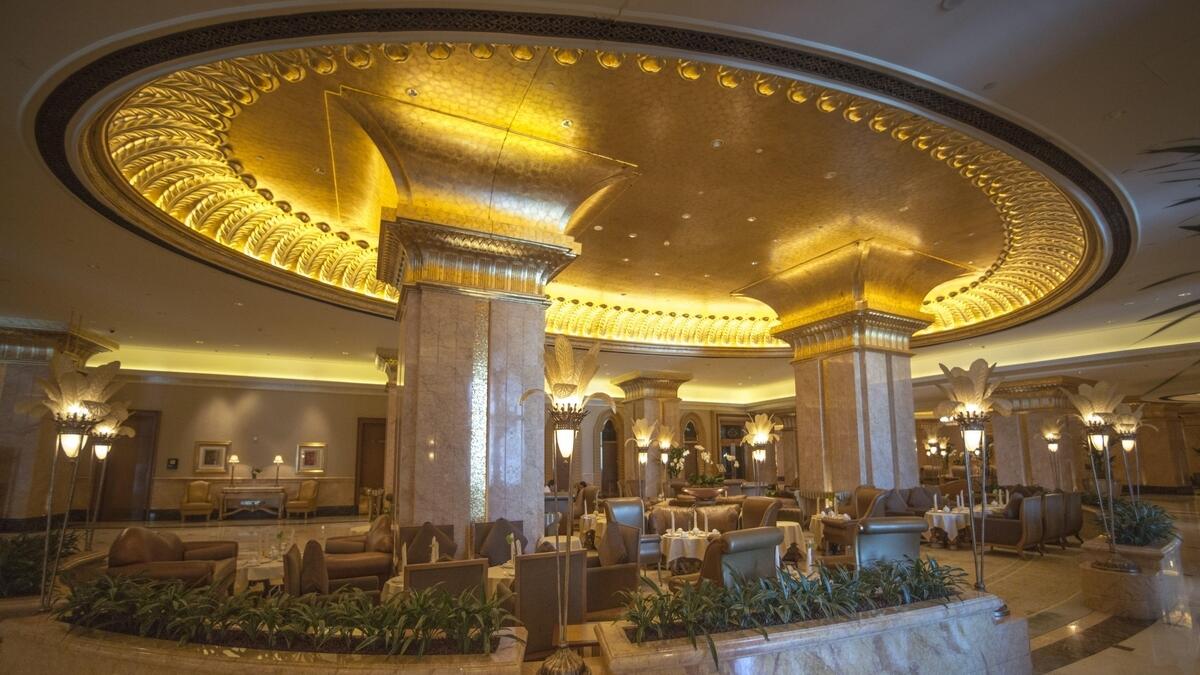The UAE’s hospitality sector is on track for significant growth, with Knight Frank’s annual report forecasting 26,832 new hotel rooms to be completed by 2030, a 12.7% increase in 2024. This surge in hotel room supply is expected to help achieve the government’s goal of hosting 40 million tourists by 2030, with two-thirds of the new rooms being developed in Dubai.
In 2023, the tourism and hospitality sector accounted for 11.7% of the Emirates’ GDP, with a total economic activity of Dh219 billion ($59.8 billion). The sector’s importance is further highlighted by the 809,000 jobs it supported nationwide during 2023, representing one in nine jobs in the country. To continue this growth trajectory, the government has set a target of reaching $123 billion in economic activity by the end of the decade.
The UAE has emerged as a standout performer in the hotel industry, boasting the highest hotel occupancy rate in the region at 76% between January and July 2024. Revenue per available room (RevPAR) levels also saw an increase, reaching $131 during the same period. This growth in performance showcases the strategic significance of the hospitality and tourism market in the country.
With the D33 Agenda underway, more hotel developments are expected to be unveiled in Dubai, aiming to position the city as a top 3 global destination for leisure and business by 2033. Dubai’s existing hotel supply largely falls into the luxury and upscale category, with plans in place to develop more mid-low hotel accommodation to cater to diverse budgets.
Dubai, known for its luxury accommodations, currently has over 151,420 hotel keys, surpassing major global cities like London and New York. As a leading global tourist destination, Dubai’s accessibility, world-class attractions, and diverse accommodation options continue to attract repeat visitors. The city is set to see the addition of 17,750 rooms by 2030, further bolstering its position as a key player in the tourism industry.
In terms of hotel operators, Accor and Marriott International are leading in the UAE, managing over 46,000 keys and with additional rooms in the pipeline by 2030. The report also highlights the future growth projections in Abu Dhabi and Ras Al Khaimah, showcasing a larger development pipeline and an increasing number of hotel rooms expected in these regions by the end of the decade.
Overall, with a strong focus on expanding hotel room supply, enhancing infrastructure, and attracting tourists, the UAE’s hospitality sector is poised for continued growth and success in the coming years. As the tourism landscape evolves, strategic planning and partnerships with international brands will play a crucial role in sustaining the sector’s momentum and achieving the country’s ambitious tourism goals.











